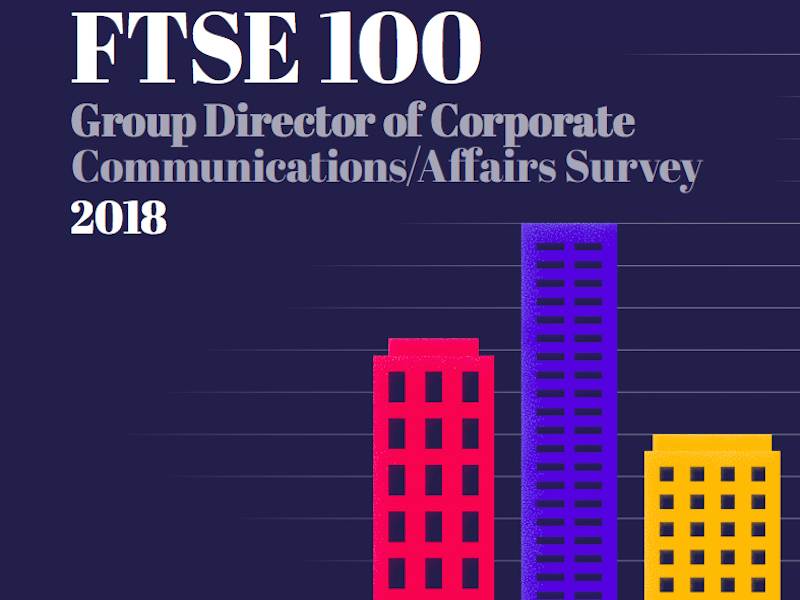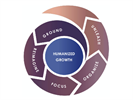Maja Pawinska Sims 18 Dec 2018 // 8:00AM GMT

LONDON — There has been a sharp drop in the number of FTSE 100 corporate communications directors who are women, according to new research.
The annual Group Director of Corporate Communications/Affairs Survey by executive search firm Watson Helsby found that only 39% of FTSE 100 communications directors are women, compared to 51% last year.
Most (75%) of new appointments to the most senior corporate comms role over the past year have been men, which has contributed to the reversal in an upward trend towards more women at this level.
The survey states: “There is no apparent reason for this, indeed it is surprising since many companies (certainly those that regard it as an Executive Committee level appointment) ask for shortlists with a strong female representation these days. Therefore, it has to be regarded as a blip.”
If those who are not on executive committees are excluded, however, there is a straight 50:50 split between men and women. The number of corporate comms directors who are on executive committees has dropped overall from 51% to 49% this year.
As in previous years, there is a significant gap between the remuneration of a FTSE 20 corporate communications/affairs director, where the average salary is £400,000, and those in the lower half of the FTSE 100, who earn an average of £218,000. There is a small group of elite corporate communications/affairs directors who earn more than £500,000.
Over the past year, 15 of the FTSE 100 have made new appointments in this role, following 20 the previous year. This means that more than a third of the FTSE 100 have changed their corporate communications or corporate affairs director over the past two years.
The study found that the role of group director of corporate communications and/or corporate affairs is still not as firmly established as other corporate functions: 21% of the FTSE 100 do not have corporate comms represented at a senior level. More than three quarters have a direct reporting line into the CEO, but 23% report into other functions such as HR and strategy, including 7% who report into marketing.
Over the year, 28% of corporate communications/affairs directors have seen their role extended, particularly in the areas of sustainability, purpose or citizenship, and corporate brand marketing.
More than half of the survey respondents said that the corporate brand had become a more significant aspect of their role, driven by companies rethinking their corporate brand narrative and purpose.
However, expanded roles have not been matched with bigger budgets: only 10% of respondents reported an increase in budget.
When asked which disciplines and capabilities they want or need to strengthen/upskill, the majority answered social media/ digital (48%), including content, followed by data analytics (29%).


































.jpg)
















